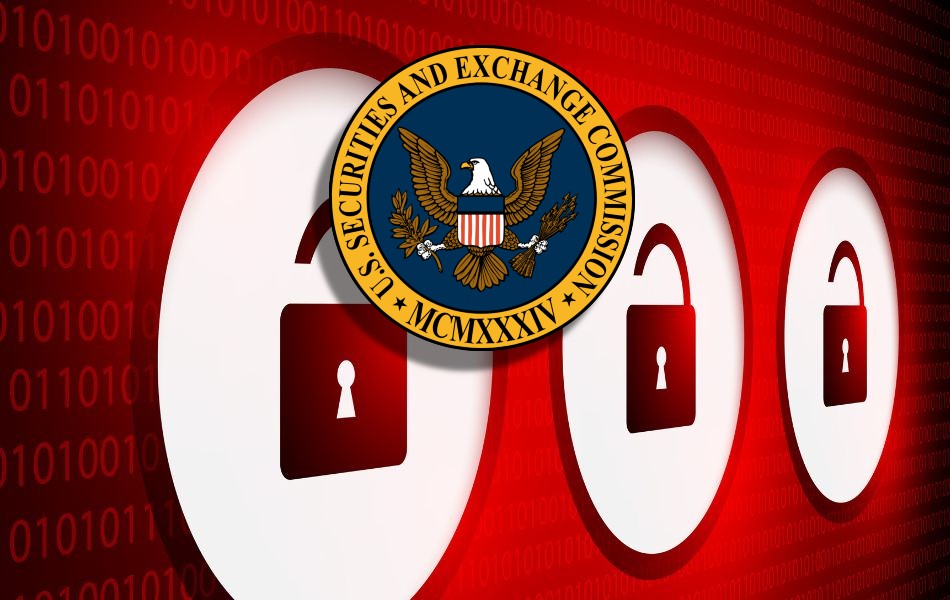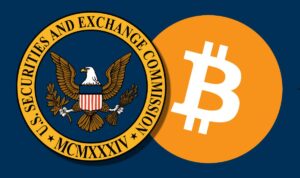The SEC’s January launch of a dedicated Crypto Regulatory Task Force marks an escalating battle for the $72 billion DeFi staking sector.
With staking rewards now firmly classified as taxable income across major jurisdictions, the first quarter of 2025 presents an evolving and as yet uncertain regulatory landscape.
Decentralized Finance (DeFi) staking, which involves locking cryptocurrency tokens in smart contracts to support blockchain networks and earn rewards, has expanded dramatically despite regulatory uncertainty. As proof-of-stake mechanisms replace traditional mining operations on major blockchains, regulators worldwide are scrambling to apply existing frameworks while developing specialized rules for this novel financial activity.
The SEC has intensified its scrutiny of staking services, building on precedents established in its 2023 settlement with Kraken. The Commission’s stance categorizes certain staking programs as unregistered securities under U.S. securities laws, requiring full registration and disclosure.
“The Crypto Regulatory Task Force deployed in January 2025 aims to provide clear guidelines while targeting non-compliant actors,” said an SEC spokesperson in a February briefing. The task force has already met with Michael Saylor, Robinhood, Fidelity, Zero Hash and Fireblocks to discuss “approaches to addressing issues related to regulation of crypto assets.”
The Commission’s enforcement approach gained momentum after charging an Ethereum developer in June 2024 for offering unregistered securities through liquid staking programs. The charges specifically targeted liquid staking tokens like stETH and rETH, establishing a regulatory framework that impacts virtually all centralized staking services.
Platform operators now face a stark choice: register with the SEC, restructure operations to avoid classification as securities, or cease U.S. operations entirely.
MiCA Creates Compliance Labyrinth for European Operators
The European Union’s Markets in Crypto-Assets (MiCA) regulation, partially effective in early 2025, has introduced new complexities for staking providers. Despite aiming to harmonize crypto regulation across member states, MiCA lacks explicit provisions addressing staking activities.
The European Securities and Markets Authority clarified in a June 2024 guidance document that while MiCA “does not prohibit staking,” it creates significant ambiguity for service providers. Platforms offering staking must navigate broader requirements concerning consumer protection and anti-money laundering procedures without staking-specific guidelines.
Staking services involving custody require explicit client consent under MiCA provisions, potentially restricting liquidity and access for users. Crypto-asset service providers (CASPs) must adapt operations to these requirements, implementing complex compliance procedures by the end of Q1 2025.
“The treatment of staking under MiCA differs fundamentally from the SEC’s approach, creating significant challenges for platforms operating globally,” noted Diana Stetiu in a July 2024 analysis of MiCA’s staking implications. European regulators expect CASPs to implement comprehensive compliance procedures while tackling the inherent ambiguity.
Global Taxation Framework Creates Reporting Burden
Taxation represents perhaps the most immediate regulatory challenge facing both platforms and users. The IRS clarified in Revenue Ruling 2023-14 that staking rewards constitute taxable income upon receipt, based on fair market value when the taxpayer gains dominion and control.
The ruling specifically states that “a cash-method taxpayer who stakes cryptocurrency native to a proof-of-stake blockchain and receives additional units of cryptocurrency as rewards” must include the fair market value in gross income in the taxable year they gain dominion and control over the rewards.
Other major jurisdictions have implemented similar approaches. The Australian Taxation Office treats staking rewards as ordinary income upon receipt, while Canada’s treatment varies based on whether activities constitute business income or capital gains.
Cross-border operations face particularly complex challenges. The lack of uniform global standards complicates reporting, especially for DeFi platforms operating internationally. Entities must track not only when rewards are received but exactly when users gain “dominion and control” over them – a concept that varies by jurisdiction and platform design.
Industry experts note the burden falls heavily on platforms to provide accurate and timely information. “The compliance requirements for tracking and reporting staking reward values across multiple jurisdictions creates substantial operational challenges,” explains Ty Gaines, a tax compliance specialist. “Platforms that fail to provide adequate documentation expose users to significant tax penalties.”
As regulators refine their approaches through Q1 2025, emerging trends suggest increased clarity may develop through specific licensing frameworks, refined taxation guidance, and enhanced user protection requirements. The possibility of international regulatory collaboration offers hope for standardization, though significant jurisdictional differences will likely persist.







